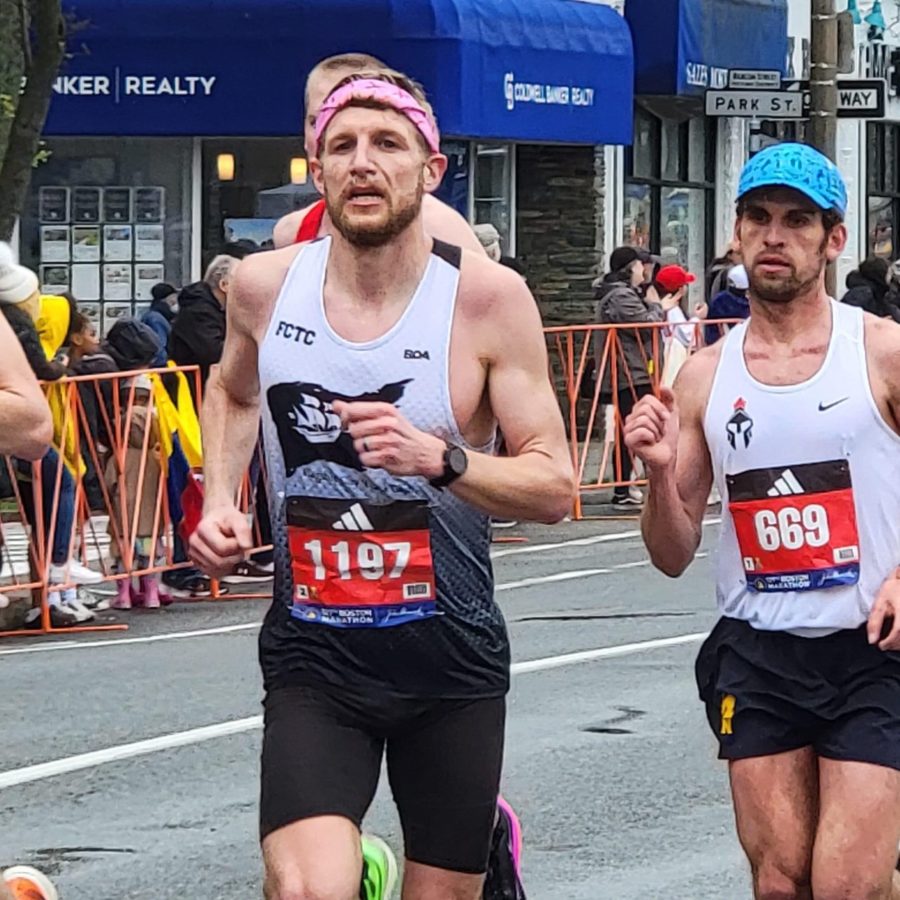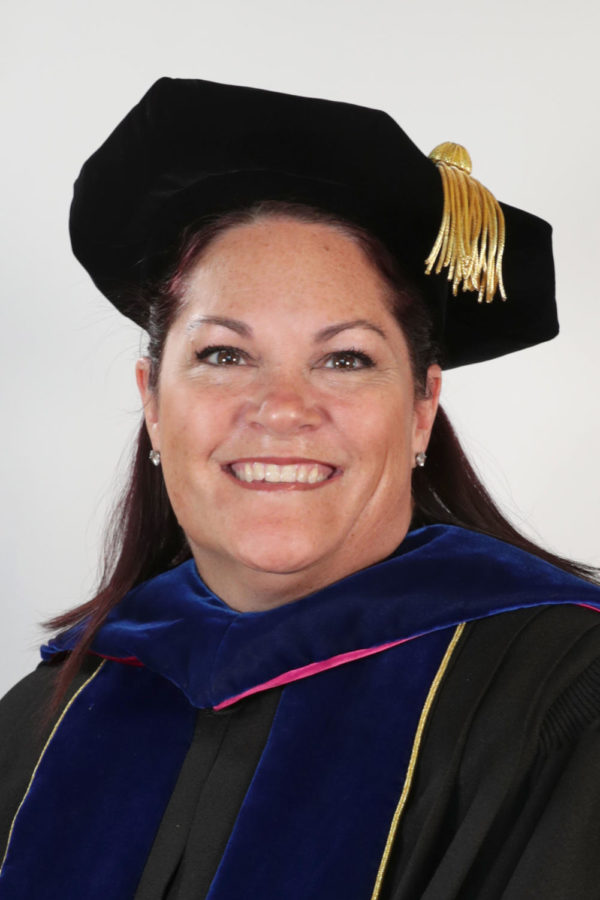Imagine how different your life might be if you weren’t able to go to school or go about your daily life with ease.
Unfortunately, this is the case for many disabled children in developing nations, and has become the primary focus for change through the Lifelong Mobility project.
David Dausey, Ph.D., director of the Mercyhurst Institute for Public Health, started this project in 2008, which has recently received a $52,000 grant from the Benter Foundation to further develop and expand their operations.
The program, which is currently focused in central Mexico, customizes, delivers and maintains wheelchairs for children who need them. The project follows what they developed as the “4R Model for Lifelong Mobility” (Recycle, Reuse, Repair and Retrofit).
“We’ve created this model…now that the framework we’ve developed can be disseminated throughout the world, we just need the facilities and the people with the training and the know-how to do it,” Dausey stated.
This model varies from other similar programs in that it addresses the issues of the wear and tear that wheelchairs typically go through over the course of time. According to Dausey, it has been one of the project’s goals to find ways to extend the product life of wheelchairs from the average of one or two years to three years and further.
“If a wheelchair breaks down, we want to make sure that there is the availability to service that wheelchair in-country, so that wheelchair can be repaired, reused, and retrofitted for the appropriate disease,” he said.
This project so far has provided many Mercyhurst Public Health majors with hands-on experience in Mexico.
In the future, Dausey hopes to expand the program throughout the rest of Latin America, and then eventually to other developing nations overseas.




